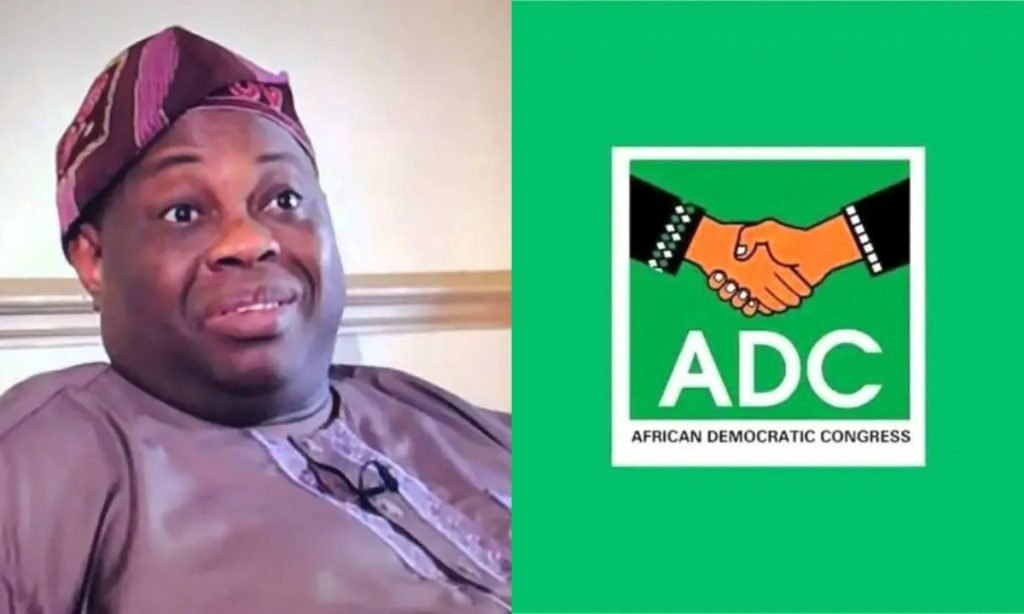Economists across Nigeria have commended the Central Bank of Nigeria (CBN) for its decision to allow the Naira to float freely on the Investors and Exporters (I&E) window. This move grants banks the ability to trade foreign exchange at any rate, with a N1 spread between the buying and selling prices.
On Wednesday, the Naira experienced a significant drop, falling from N471.67 to N664.04 against the dollar, marking a 40.78% decrease.
Professor Akpan Ekpo, Chairman of the Foundation for Economic Research and Training (FERT), lauded the CBN’s decision, stating that it is beneficial for the economy. He believes that allowing the Naira to float freely will help reduce the disparity between the official rate and the street rate, thus minimizing distortion. However, he cautioned that it may not completely eliminate the street rate, commonly known as the black market rate. He also warned that this policy may lead to a further increase in the inflation rate.
Ekpo urged for the diversification of the economy and the promotion of non-oil exports, particularly manufactured goods, to ensure a steady inflow of foreign exchange.
Professor Ken Ife, a development economist, also expressed his support for the free float policy. He described it as a fantastic way forward for the Nigerian economy. Ife clarified that the decision only applies to the I&E window and not the black market. He noted that the black market’s participation in the official window would be voluntary and ultimately driven by demand and supply dynamics.
Ife emphasized that the free float policy is not a panacea that will eradicate the black market’s activities. Instead, it will gradually reduce demand in the black market as the prices and gaps between rates close down.
He also highlighted the importance of a balanced supply of dollars, explaining that excessive dollar inflow would cause sharp price increases due to uncertainty and speculation. Instead, measures such as reducing the importation of refined products could help stabilize the market and prevent unnecessary depletion of the country’s foreign reserves.
The implementation of the free float policy for the Naira is expected to bring about more stability in the forex market and encourage increased foreign investment.
NAN



